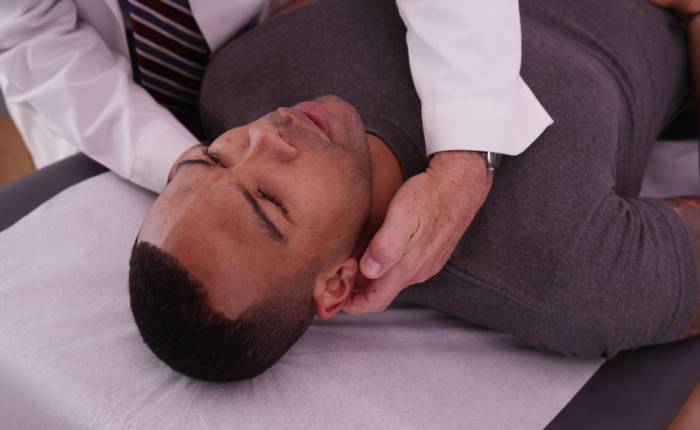A hard impact can have many effects on the body. It’s possible to break bones and stretch or tear muscles as the result of an impact. It’s also possible to receive a concussion.
A concussion is a head injury in which the brain collides against the inside of the skull. This occurs when an impact or sudden change in speed causes the head to jerk. Concussions are common from incidents like:
- Being tackled
- Being hit in the head by a baseball
- Falling and hitting your head on the ground
- Automobile accidents
Athletes are at a higher risk for concussions due to the physical demands of athletic activities. The risk is even higher in full-contact sports like football. If you’re an athlete, you need to know that your health is in good hands when you put your body on the line. Thankfully, athletic trainers can help treat concussions.
What do athletic trainers do for concussions?
Athletic trainers are health care professionals who are present at many sporting events to provide immediate health care assistance to injured athletes. They are trained in responding to a variety of injuries, including concussions.
Athletic trainers can spot the signs of a concussion and respond immediately to make sure the athlete gets the treatment they need. The signs of a concussion include:
- Headache
- Fatigue
- Dizziness
- Confusion
- Nausea
- Inability to focus
- Double vision or blurred vision
- Slurred speech
- Sensitivity to light and sound
An athletic trainer will look for these signs and administer some tests on the field. If they think the athlete’s symptoms are those of a concussion, they’ll make sure the athlete gets to an emergency room for an examination.
Concussions are usually not life-threatening, but there may be other brain injuries that can be confused with or masked by a concussion. Some medical tests and diagnostic imaging can reveal if the cause of the symptoms is indeed a concussion.
Treating a concussion with physical therapy
Athletic trainers often work with physical therapists to help people with concussions recover. Physical therapists are health care professionals who specialize in treatments for pain and immobility without the use of drugs or invasive procedures.
Physical therapists have different methods for helping people recover from a concussion, including:
- Balance treatment — Dizziness and imbalance are two challenges you may face when recovering from a concussion. Treating dizziness and imbalance is a priority because you can fall and hurt yourself if you cannot balance.
Physical therapists can guide you through techniques that can help you safely stand and walk around while recovering from a concussion. - Stretches and exercises — Since you need a lot of rest after a concussion, it’s common for the neck muscles to grow more weak and stiff from lack of use. Physical therapists can guide you through exercises and stretches to safely return your muscles back to their strong and flexible state.
Treating the muscles can also reduce triggers that cause headaches. - Relaxation techniques — It’s important to get good rest while you are overcoming a concussion. The symptoms of a concussion can make resting difficult, but physical therapists can direct you through relaxation techniques that can help.
Visit SOL Physical Therapy for concussion treatment
Our physical therapists at SOL Physical Therapy are skilled in reducing pain and symptoms associated with a concussion. If you or someone you know is recovering from a concussion, physical therapy can help. Contact us today for more information or to schedule an initial appointment.


